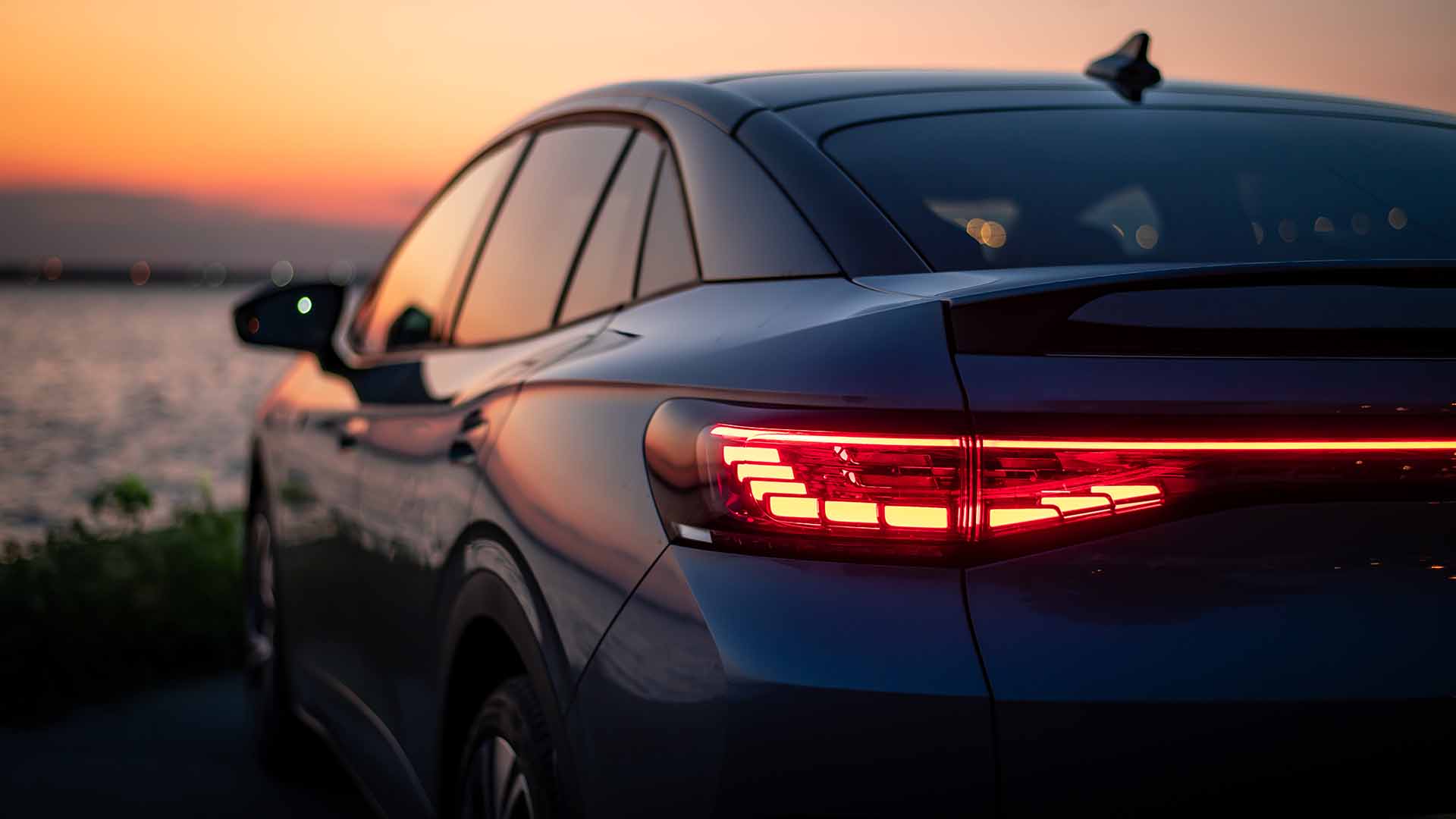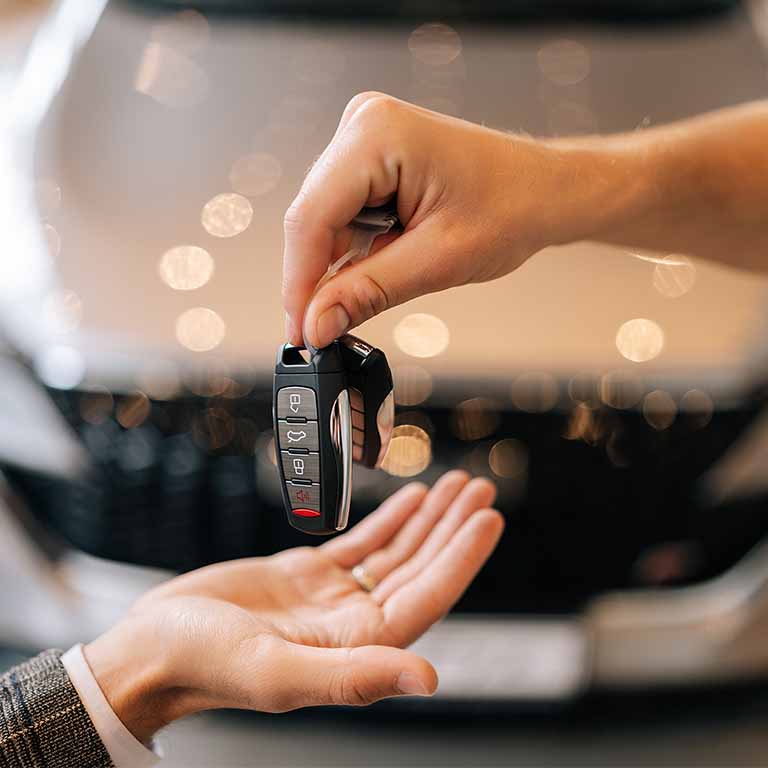
Representative Example: You could borrow £10,699 over 60 months with an initial payment of £495.89 (including £199 Admin Fee) followed by 58 monthly payments of £296.89 with a final payment of £495.89 (including optional £199 Option to Purchase Fee). Total amount repayable will be £19,012,40. 26.1% APR, annual interest rate (fixed) 13.3%.
The Admin Fee is a £199 fee that helps cover the costs of setting up your finance agreement. It covers things like preparing your agreement documents, carrying out credit and identity checks, and arranging payment to the broker. This fee is paid at the same time as your first payment, and it isn't refundable. It's separate from your deposit and from any other charges on your agreement.
The Optional Purchase Fee is a £199 fee you only pay if you decide to buy the car at the end of your finance agreement. You don't have to buy the car, that's entirely your choice. If you choose to hand the car back instead, you won't pay this fee. If you decide to keep the car, you'll need to pay the £199 Optional Purchase Fee, usually along with your final payment, to transfer legal ownership of the vehicle to you. This fee covers the cost of finalising your agreement and removing our interest in the vehicle. It's separate from your deposit and from any other charges on your agreement.
The amount shown is an illustration of a typical monthly payment based on the Representative APR. These figures are for guidance only; the actual payments and rate you're offered will depend on your individual circumstances and are not guaranteed. Please see below for details of how your first and final payments may be different.
Can I refinance PCP balloon payments?
Refinancing your PCP balloon payment can be a practical way to keep your car without having to pay a large lump sum all at once. Whether you want to settle your PCP early or spread the final cost more affordably, this guide explains how HP car finance can help and what to consider.
At the end of a PCP agreement, you usually have three choices: pay the balloon payment to keep the car, return it, or trade it in. The balloon payment is a large final sum based on the car’s value at the end of your contract. It’s also known as the Guaranteed Minimum Future Value (GMFV).
This payment can often be thousands of pounds. If you want to keep the car but can’t afford to pay the full amount upfront, refinancing that balloon payment could be an option.
Understanding how balloon payments work is key to knowing whether refinancing is right for you.
Yes, it’s possible. Some lenders, including AutoMoney Motor Finance, offer the option to refinance your PCP balloon payment. This allows you to pay off the amount in smaller monthly payments using a new agreement, such as HP car finance.
To get started, you’ll need a PCP settlement figure from your current lender. This shows how much you need to pay to own the car. You can then apply for finance based on this figure.
If you're approved, your new lender will pay off the remaining balance on your PCP agreement. You’ll then begin making monthly repayments under your new hire purchase agreement. The finance company owns the car during this time, and once you’ve made your final payment, including the option to purchase fee, the vehicle becomes yours.
Refinancing can make it easier to manage your finances. Here are some of the main advantages:
For many people, refinancing can be a smart way to hold on to a car they like without a big upfront cost.
Refinancing can be a helpful option, especially if you want to keep your car but can’t afford the full balloon payment upfront. However, it’s important to look at the full picture before deciding:
Before refinancing, it’s a good idea to step back and look at your overall finances. Check your income, outgoings, savings, and any other credit commitments to make sure refinancing is the right move for you.
If you're refinancing your balloon payment, you’ll likely be switching to HP car finance. Here’s how HP and PCP differ:
Choosing between HP and PCP depends on your goals. If you want to own the car and avoid large end-of-agreement payments or mileage limits, HP may be the better option. But if keeping your monthly costs low upfront is more important, PCP could still be worth considering.
Refinancing is usually a simple process once you know the steps involved. It’s important to be prepared and understand what’s expected from both you and the lender before you begin. Here’s how it typically works:
Refinancing doesn’t need to be stressful. Taking the time to compare deals and read the fine print helps you feel confident and ensures you choose an agreement that fits your needs and affordability.
Refinancing your PCP balloon payment is a useful option if you want to keep your car and avoid paying a large sum all at once. It can make car ownership more affordable and straightforward.
But like any finance agreement, it comes with responsibilities. Make sure the new monthly payments fit within your budget and that you understand the full cost before going ahead.
If you're unsure, talk to a finance provider or broker. They can help you understand your options, compare quotes, and find a suitable HP car finance offer for your situation.
Need help refinancing your PCP balloon payment? Speak to our team today or apply online to find out how HP car finance can help you keep your car and spread the cost more easily.

